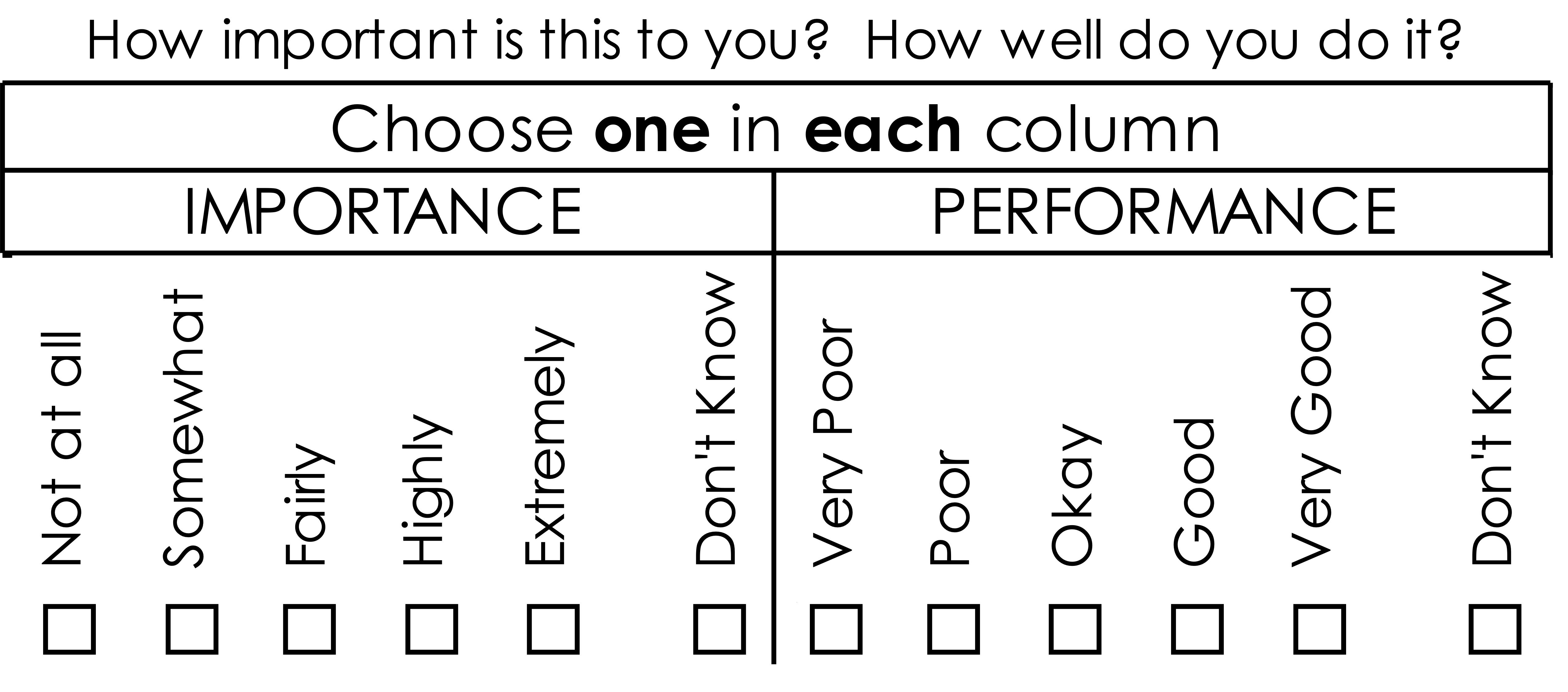Simplicity and Complexity. Keeping Things at Their Simplest Level
- Home
- Basic Productivity Skills
- Simplicity and Complexity
There is a tug-of-war between simplicity and complexity. While in many other places, it most particularly shows up in our use of technology.
You get a notification to "update." We grumble about "feature bloat," are concerned about "the hidden cost of complexity," and need to remind ourselves to "design for simplicity," but let "iterative design," partner with some kind of addicted consumerism to start the circle all over again.
Don’t get caught buying greater complexity because you think you "should," when there is a simpler alternative available. That doesn’t mean avoid technology. It does mean you should access it when it serves your purpose.

It may be as much about attitude as anything else. In our home life, an 85 inch screen is better than a 40 inch screen, right? The latest model car is more desirable than the 4 year old model, isn't it? It says something about us, and makes a statement.
How much of this same thinking and attitude creeps into our companies and organizations to inform our decision making? Leaders are people after all.
If you can achieve greater effectiveness with simpler tools, then do so. Where greater technology is an asset, go for it. Make every tool serve your purpose.
"Most people don't want to use the computer at all. They want to get something done."
Nicholas Negroes, Being Digital
Five Days of Coaching to Explore How You Handle Simplicity and Complexity

DAY ONE
Simplicity and complexity mean different things to different leaders in our fast moving world. We all have a point of view depending on who we are, what our experiences have been and even what sector we work in. What about 'keeping up with the Joneses," and not getting left behind technologically? What's drives your thinking and your purchases?
The Coach asks:
- What are your definitions of simplicity and complexity? In general life, where do you most see each one working well? Where do you see each one not working so well? What's your personal attitude toward having the next best thing? What drives that?
- Where do you most come face to face with complexity at work? In what ways is if beneficial? Unhelpful? How does your company or organization deal with complexity? How do your personal attitudes no show up in leading your organization? What's to be learned from this?
- Where have you most seen "simplicity" improve your teams experience and engagement? What areas most seem to benefit from simplicity? How can you introduce more of it?
- What drives your decisions around technology and other systems that continue evolving? Where is the balance between simplicity and complexity?
DAY TWO
Make an inventory of the "complexity" you currently have. What do you really need to be productive? Are there additions to this list that would increase your performance? Are there things you could eliminate in order to simplify some process?
The Coach asks:
- Make a list of those things under your leadership that have a higher degree of complexity.
- How do the things on your list contribute to, or detract from, engagement, productivity, and effectiveness? What is this telling you? If anything, what can be done about it?
- Are you able to identify a few things on your list that would benefit from simplicity? How available and achievable is that simplicity? If there are any, identify those things on your list that you really don't need at all?
- What will you do with this insight?
DAY THREE
Review your list items that you have decided you really need. In things such as technology, are there applications included that you are not using but could increase your productivity? What help or training do you need to use those applications to your benefit? Track down that training and get it. Delete any useless applications if you can.
The Coach asks:
- What applications or resources do you already have, that no one has ever made use of, but could benefit from? It might take some time understanding what these are and how you could benefit from them. Find out.
- What kind of a case can you make for these applications, proving their usefulness to your specific needs.
- How can you best implement these few existing, but not yet accessed, applications? What do you need? Who will do it? What training will be required?
- Delete any useless applications. Keep in mind I am using "applications" in a broad sense. Customize its application to your organization's situation.
DAY FOUR
Think about tools or processes (or whatever,) that really would contribute to your productivity and effectiveness. What would introduce simplicity? What might seem more complex but once learned could be beneficial. Create a time line for integrating them into your work flow.
The Coach asks:
- As you process this idea of complexity and simplicity as it relates to your business or organization, or your own personal practices as a leader, what is most impressing you?
- What new tool, process, or structure would contribute to greater effectiveness? How would that contribute to simplicity? Would it introduce temporary complexity until learned? How would this benefit?
- Since you are thinking about these things, create a draft timeline for the introduction. How will you position it? As simplicity or beneficial initial complexity? How do you think stakeholders will react?
- What's actionable?
DAY FIVE
Determine to be your own "simplification" consultant. Don't be driven by advertising, performing for others, or the burning feeling that you have to have the next new thing or iteration right now.
The Coach asks:
- Of everything you've thought about and worked on over this "week," what one insight or determination will make the biggest difference?
- How has your own thinking about simplicity and complexity developed?
- How will you carry this forward to your own benefit, and to the benefit of your team? Your operation? Your community?
- Since you are your own "simplification consultant" for this week, what's next?
A Heart at Peace Gives Life

As a Christian Executive Leadership Coach I encourage Christian leaders to reflect on God's Word to add to their wisdom.
- Php 4:11 For I have learned to be content whatever the circumstances.
- Pr 14:30 A heart at peace gives life to the body, but envy rots the bones.
- Ps 19:1 The heavens declare the glory of God; the skies proclaim the work of his hands. (simplicity in complexity?)
- Jn 14:6 Jesus answered, "I am the way and the truth and the life. No one comes to the Father except through me." (simplicity)
- Pr 24:3 By wisdom a house is built, and through understanding it is established.
If you are a leader, executive, or senior level professional looking to work with a Christian Executive Coach, I invite you to connect with me here.
If appropriate, we can meet by phone or Zoom to discuss your situation.
Record Your Progress
This is your opportunity to track your progress. Start by asking yourself how important this practice is to you? Record the importance as - not at all, somewhat, fairly, highly or extremely.
Now next to it ask yourself how well you carry out this practice. Record your performance as - very poor, poor, okay, good or very good.

The things we track, we pay attention to. Across time, come back and record your new results. You will find that as you are intentional about making improvements, you will bump your "score" up higher.
This is significant. Don't miss the opportunity to acknowledge your success, and use it as a springboard for making even further gain.
Notes
The ability to produce the next iteration of anything, propped up by incessant want and consumerism, has contributed to leaders, teams and organizations constantly being thrown off-balance. No sooner has the latest been purchased, but the next update occurs.
There is little opportunity for mastering, but much opportunity for constant running to catch up, and stay caught up.
Increasing complexity may (not always, but may) produce diminishing returns. We seem to thrive on differentiation. The next iteration must have new features or market share will decrease. So, whether or not people want it, they're getting it.
Sounds kind of negative doesn't it. But, the concern is real. Let's not go backwards, but lets remain aware that simplicity and complexity are a relationship of balance. Simplicity is to serve.
Contact me here Privacy Policy
© G.E.Wood and Associates. All Rights Reserved in all media.
G.E. Wood and Associates is an international coaching firm registered in Ontario, Canada
142 Pratt Crescent, Gravenhurst, Ontario, Canada, P1P 1P5